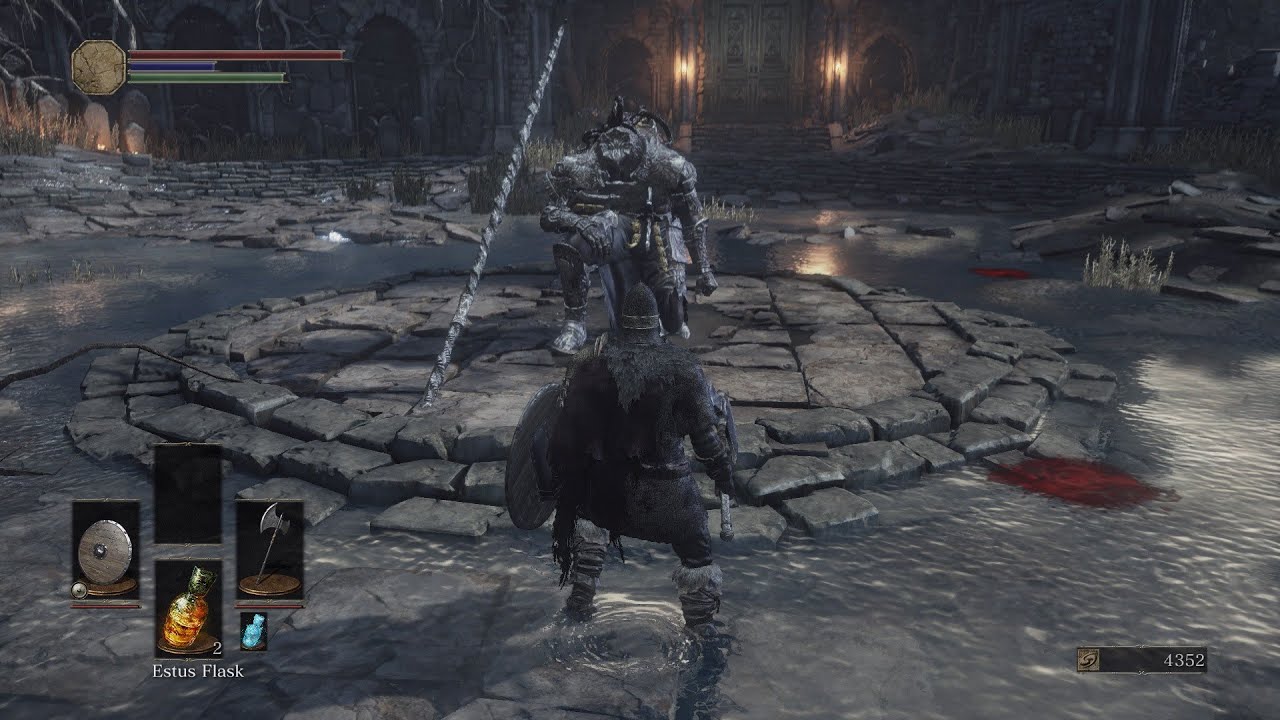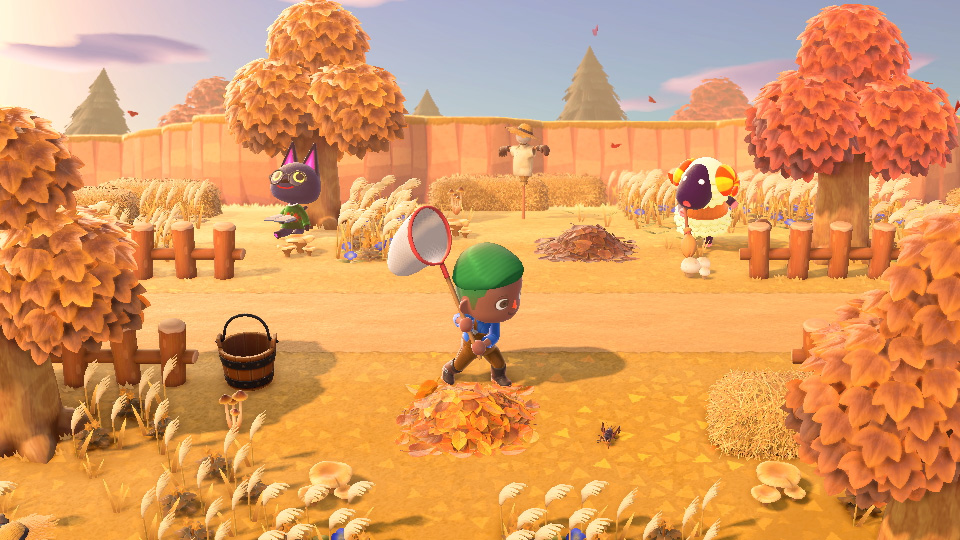Can a video game without “stress” be entertaining? Users discuss tendency towards eliminating stress from games

Japanese game developer and critic Nikaido Renji’s recent musings on the topic of what he calls “stress” in video games has triggered discourse in the gaming community. In a thread on X (formerly Twitter) posted March 10, Nikaido suggests that the recent tendency for game developers to try to “eliminate stress” from their games is resulting in titles losing their entertainment value.
In a subsequent post, they explain what they mean by stress in simple terms: “If you have a story, you’re going to have “the bad guys” in most cases. The bad guys are there to inflict stress on you and make you feel good after you’ve defeated them. If you were to remove Colonel Muska from Castle in the Sky, it would become quite a boring story, no?”
Nikaido argues that even the most casual/idle games such as farming sims benefit from players experiencing moderate stress, such as wanting a certain item but not having enough currency for it.

Many users shared this sentiment, commenting on how developers may be going too far to respond to player’s complaints of things being too stressful in games – for example, by making an item that was deemed “too hard to find” common, thus extinguishing the fun in searching for the item.
Others pointed out that there may be a problem of “two different types of stress” being confused. There can be stress that leads to excitement and catharsis (born from challenges in gameplay and narrative elements) and stress that leads to frustration and boredom (born from UI inconsistencies or flawed game design). While players want the latter eliminated from their experience, (for example, by having a signal that tells them which NPC has a side quest for them so that they don’t have to talk to every NPC each time) there could be instances where the former source of stress is mistakenly removed instead, causing the game in question to simply become less fun.
This can be linked with another well discussed topic in the gaming community – the issue of developers taking user complaints at face value. Players without knowledge of game design can offer valid but incomplete feedback, often only describing the symptoms rather than the core issues behind the problem. Therefore, developers’ earnest attempts to resolve reported problems can end up being detrimental to their projects.

Unfortunately, Nikaido does not name any titles that they consider to have gone too far in eliminating stress factors, but users have raised mobile games as one example. With the gacha model of monetization becoming widespread, some mobile games eliminate stress factors that stem from gameplay and story, making the anxiety of spending real money and wondering, “what am I going to pull?” the only sources of stress.
On the other hand, one counter argument raised in response to Nikaido’s thread is that of the subjectivity of experiencing stress. As video games grow as a medium and become more widespread, target audiences are also expanding to include not only seasoned gamers but newcomers too. What may feel like a complete lack of stress/thrilling factors to some players may be a moderate amount of challenge to others. Nikaido likewise acknowledges this point in their last post.





I think the problem is mainly UI, Quests and a lack of understanding the Game Design itself. For example i would say Code Vein suffers from UI, Level Design and even Gameplay issues as a whole, but it does not make the game fun in comparison to say Souls, Nioh or even Strangers Of Paradise. The reason is because
1. Code Vein’s UI is confusing in the inventory screen for weapons, passives skills, and the tutorial throws so much at the player in the very beginning than over the span of the game(Xenoblade Chronicles) to help build the player into the game itself. This is too much stress for anyone especially veterans and newcomers.
2. The level design is linear corridors that feel the same where you can easily get lost and not know where to go and what to do, even the map’s are not really the best on knowing elevation of high and low.
3. attacks with Swords and Hammer are sluggish where it hurts the player who is doing their best.
This is what i would say is the main issue players talk about when it comes to difficulty where you can not progress because the game does not teach you how to progress and sometimes it may feel like the design is working against the player than slowly getting the player to progress on their own indirectly to get to where they need to go.
An example of this is Fromsoft Games, Koei Tecmo’s Stranger Of Paradise are the opposite. The controls are easily understandable, Attacks are not sluggish animations, the UI’s are simple enough to understand, while there is complex things like I-Frames, Abilities and Classes, Builds, most players can grasp enough of the basics to get through those games and realize it’s about using a different strategy than just using the same one, which makes sense considering that they are beatable, but you have to try new tactics than spamming the same attacks. Which is great level design as a whole as it teaches the player that once they know the basics, it’s all about using their abilities differently according to each boss and level. It’s stressful at first but they feel like they can beat it, and once they overcome it becomes easy and even thrilling because then the player has mastered the game and it becomes second nature and the Game Design helps mold the player into becoming really good at these games and become a fan of the games.
All games have some sort of stress or tension, but making it possible for the player to overcome it and making them feel like they almost have it, or it’s possible is the key thing that makes them wish to overcome trials than to complain and tell developers to lower the difficulty. A badly planned game design will make players complain about difficulty, a great game design will always make players happy with difficulty whether it’s made intentionally hard(Souls, Nioh, SMT etc) or easy(Mario, Zelda,Persona etc) or just having a lot of depth to the mechanics like Xenoblade Chronicles it’s absolutely possible to make a game users can feel like they can get through.